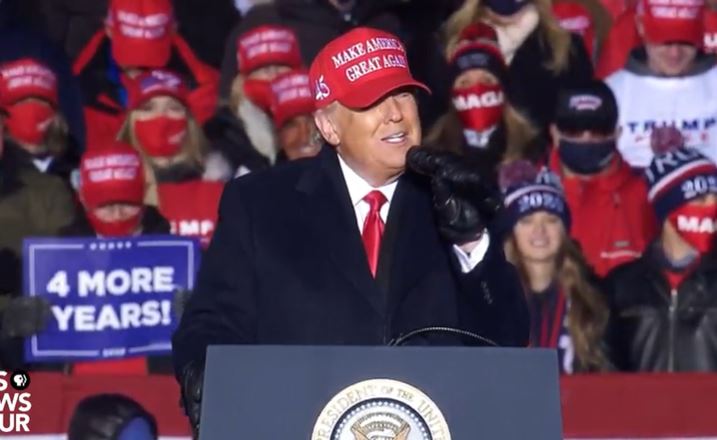Home » Battleground Wisconsin » BG WI Newsletter » In contentious meeting, Elections Commission approves moving forward with Trump’s requested recount

The Elections Commission in a unanimous vote late last night formally approved moving forward with President Trump's requested recount of the results in heavily Dem Dane and Milwaukee counties. The commission also made modest changes to the manual it provides local officials to provide guidance as they conduct the recount. But it deadlocked 3-3 on a pair of changes the staff recommended as GOP app...